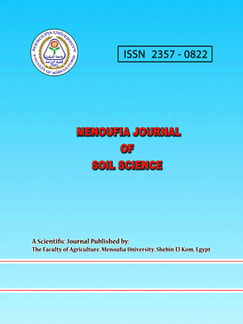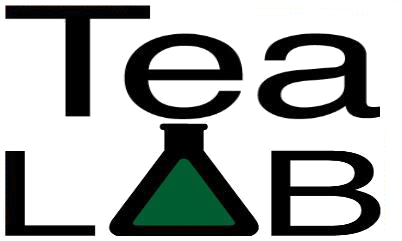 EVALUATION OF APPLICATION METHODS OF COMPOST TEA AND FULVIC AND HUMIC ACIDS AND THEIR EFFECTS ON PLANT GROWTH Menoufia Journal of Soil Science September 2021 Link Here The great science minds of the world have done it again. This time it's a group of agri-heros out of Menoufia, Egypt. The scholars wanted to see if how they went about applying compost tea, humic acid, or fulvic acid affected the yield and quality of beans and potatoes, while also seeing if they could reduce the need for conventional fertilizers. To do this they planted farm plots with beans or potatoes, half of those plots received the recommended application rate of conventional fertilizer, the other half received half of the recommended amount. Then, those plots were divided up and treated with either compost tea, humic acid, or fulvic acid. Some of the fields were not treated and were used as the control group to compare results against. Within those groups, the experimenters applied the tea/humic/fulvic via either foliar spray, soil drench, or a combination of the two, of which we affectionately refer to as the "sprench". After 60 days, the yield and quality of the produce was determined. It was shown that the application of...... you guessed it!!! compost tea was the most beneficial. And the application method that proved best was.... the sprench!!! According to the paper sprenching compost tea "resulted in a high yield, quality and reducing the environmental pollution as a result from reducing the additions of the mineral fertilizer ". Increasing yields, increasing quality, and decreasing fertilizer usage, sound like a win, win, win. Thanks to our Egyptian compost-counterparts for moving us forward along the path to sustainability.
0 Comments
Your comment will be posted after it is approved.
Leave a Reply. |
Archives
June 2024
Categories
All
|
Contact Us
Why TeaLAB?TeaLAB is committed to helping people and their gardens to become more self- sufficient, healthier, and productive. Grow your sweetest corn, your biggest watermelon, your tallest quinoa, your tastiest tomato, and your happiest you.
TeaLAB was founded to teach people how to garden organically, so that we can become more closely connected with the land. Our goal has been to simplify growing methods so that gardeners have a positive experience in the garden. TeaLAB is where the garden meets the laboratory. From around the world and into your backyard, our products contain ingredients that are sourced both locally and globally. Using methods both ancient and cutting edge, TeaLAB promotes maximum biology. Grow with TeaLAB. |

 RSS Feed
RSS Feed
